Children taught not to forget the Holocaust
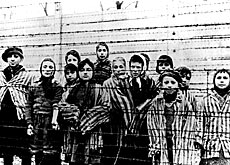
Thursday marks the 60th anniversary of the liberation of the Auschwitz concentration camp. Swiss schools are joining in the commemorations.
Johanne Gurfinkiel, secretary-general of the Geneva-based Intercommunity Coordination against Anti-Semitism and Defamation (CICAD), told swissinfo it was vital that children learn the lessons of the Holocaust.
Last year the Swiss Conference of Cantonal Ministers of Education made January 27 a day of Holocaust commemoration in the country’s schools. It was on this date in 1945 that the Soviet Red Army liberated Auschwitz following the defeat of Nazi Germany.
CICAD, an independent association that promotes study of the Holocaust, has joined forces with the education authorities to inform pupils in French-speaking Switzerland about this period of history.
swissinfo: What is the point of the day of commemoration?
Johanne Gurfinkiel: It’s a day for remembering those who were deported [to the labour camps]. It’s also a day for contemplation and for promoting tolerance.
swissinfo: Are schools doing enough to remember the Holocaust?
J.G.: It varies a great deal. There are disparities between cantons, schools, classes and teachers. The extent to which it’s taught and how interesting the lesson is depends on the teacher.
We are in contact with different cantons and teachers that have expressed a desire for more information and want to take part in the information sessions we organise.
swissinfo: Is it right to focus on this particular period in history?
J.G.: This is a frequently asked question. Should we pick and choose from the different genocides that have occurred? We should not, and we do not.
We are simply looking at a period of European history, which concerns all Europeans.
Of course, it’s a difficult period, and the scars are still visible. But given the violence and intolerance there is today and the continuing racism and anti-Semitism, it is essential to continue to teach what we know of that time.
swissinfo: Your biggest fear is that people forget. But in view of all the media coverage of the 60th anniversary, that doesn’t look likely.
J.G.: That’s true. But don’t forget that this anniversary is a big news story. I don’t think we’ll have the same media interest in the 61st or 62nd anniversaries. The 70th and 100th anniversaries, on the other hand, are likely to be big media events.
With the passing years young people know less and less about the Holocaust. But it is important that they know about this period so as to deal better with the problems associated with intolerance, racism and anti-Semitism.
It is just as important to fight against the Holocaust denial, which is prevalent on the internet. A pupil studying this period in history will find documents on the web stating that the Holocaust is an invention of “international Jewry”.
So it’s essential to recall the historical reality.
swissinfo: To ensure the Holocaust is not forgotten you rely on the witness of survivors. But they are dwindling in number…
J.G.: We do work with survivors who share their experiences with schoolchildren. But we’re also concerned with documentation.
That’s why we published a work this year on Auschwitz and the Holocaust. This book is in school libraries and there is huge demand for it.
We’re also working hard at conserving images. We made a film during a trip to Auschwitz with survivors. It will be shown in schools and on television.
swissinfo-interview: Olivier Pauchard
Auschwitz, in Poland, was the biggest Nazi concentration camp.
Opened in May 1940, it was liberated by Soviet troops on January 27, 1945.
A total of 1.1 million people died there, 90% of them Jews.
The Nazis killed around six million people, mainly Jews but also homosexuals, Jehovah’s Witnesses, Russian prisoners and handicapped people.

In compliance with the JTI standards
More: SWI swissinfo.ch certified by the Journalism Trust Initiative
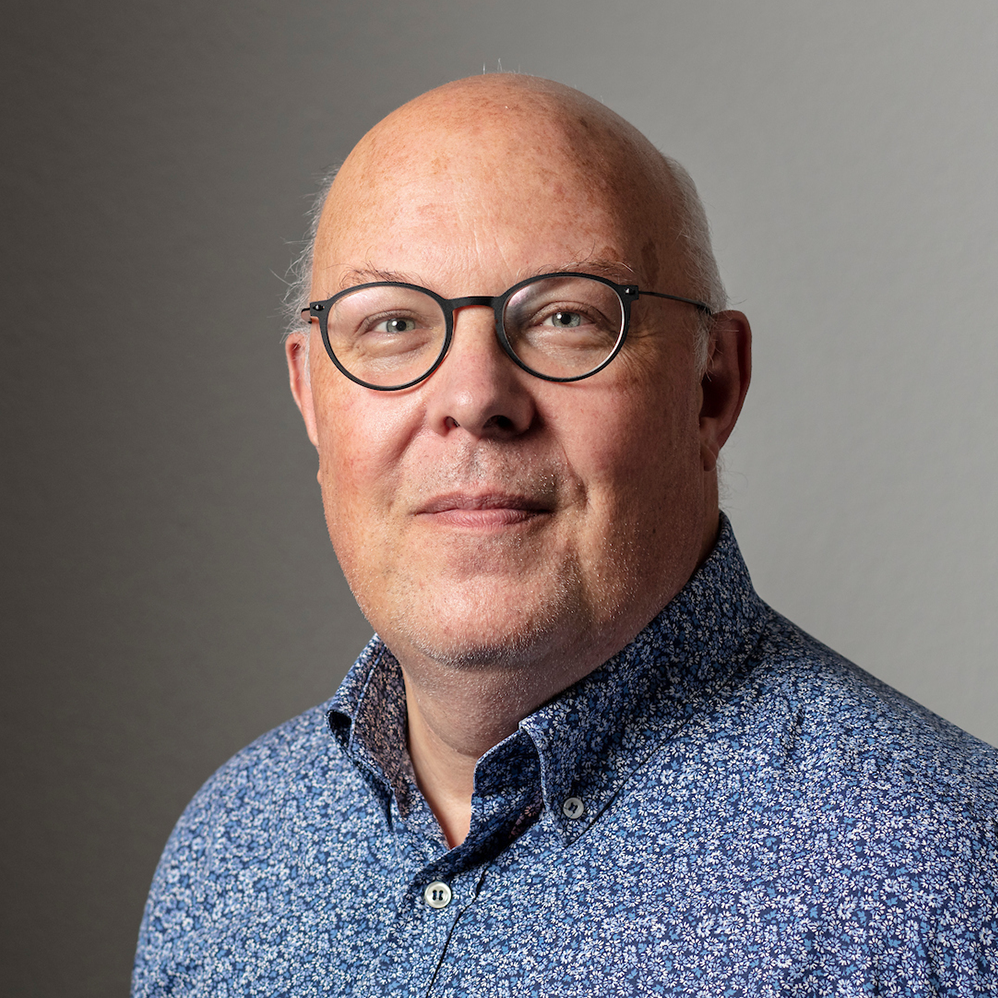
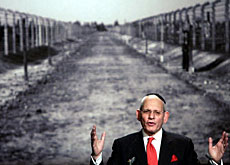
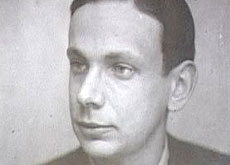
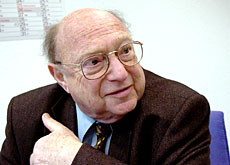
You can find an overview of ongoing debates with our journalists here. Please join us!
If you want to start a conversation about a topic raised in this article or want to report factual errors, email us at english@swissinfo.ch.